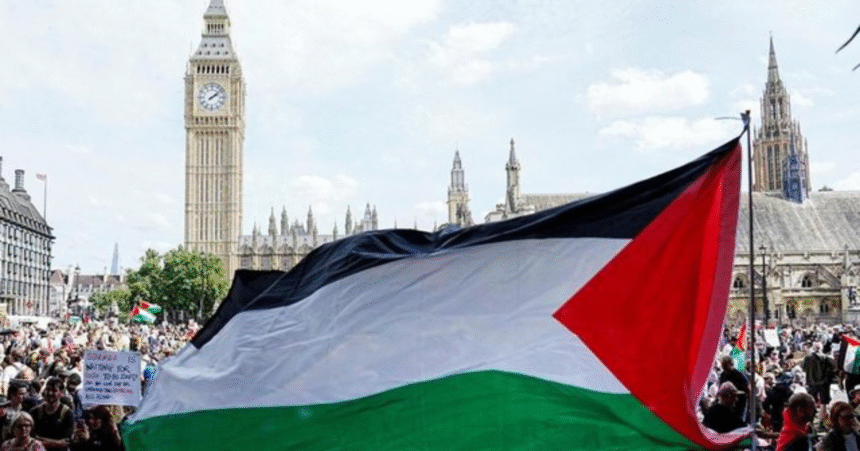The United Kingdom, Canada, and Australia have officially recognized the State of Palestine, while France and some other Western countries are expected to follow on Monday. This step has sparked strong reactions from Israel and open opposition from the United States.
Israeli Prime Minister Benjamin Netanyahu called the decision a “reward for Hamas’ monstrous terrorism,” while the U.S. stated that recognizing Palestine would strengthen Hamas’ position and make achieving a ceasefire in Gaza more difficult.
What does it mean to recognize Palestine as a state?
Palestine exists partially—as a diplomatic entity in many countries and a participant in international events, including the Olympic Games—but without internationally recognized borders, a defined capital, or an army. The Palestinian Authority, created after the Oslo Accords in the 1990s, does not have full control over its territory or population. The Gaza Strip, currently in conflict, remains under blockade and military control by Israel.
Due to this unclear status, recognizing Palestine is largely symbolic, more political and moral than practical. However, symbolism carries weight. In a UN speech this July, former British Foreign Minister David Lammy emphasized that the UK has a “special responsibility” for a two-state solution, citing the 1917 Balfour Declaration, in which Britain supported a “national home for the Jewish people” in Palestine, provided it did not harm the rights of non-Jewish communities.
Which countries have recognized Palestine?
About 75% of UN member states (out of 193) have already recognized Palestine as a state. In the UN, Palestine has permanent observer state status, which allows participation in the organization’s work but not voting rights. With the planned recognition by the UK, France, Belgium, Malta, Australia, and Canada, four of the five permanent UN Security Council members will officially support Palestine. China and Russia recognized it as early as 1988. The U.S. remains the only permanent member that does not recognize it.
For years, British governments have stressed that recognition should happen as part of a peace process, coordinated with allies, and at the “most impactful moment.” However, the deteriorating situation in Gaza, massive hunger, and Western public frustration have shifted the approach. Some countries are imposing conditions for recognition. Canada, for example, requires the Palestinian Authority to implement reforms, hold elections in 2026, and demilitarize the future state.
The UK stated it would recognize Palestine during the UN session unless Israel takes clear steps to end the fighting in Gaza, halt West Bank annexations, and restart a two-state peace process. But these steps from Israel seem unlikely, making recognition almost inevitable.
The United States has clearly opposed recognizing Palestine, arguing it would strengthen Hamas and provoke a harsh Israeli response, including further annexation of Palestinian territories. U.S. Secretary of State Marco Rubio, during a joint press conference with Netanyahu on September 15, stated:
“International recognition of Palestine is a reward for terrorism,” referring to Hamas’ attacks on October 7, 2023. The U.S. has warned its allies that recognition could complicate ceasefire efforts and peace in the region.







